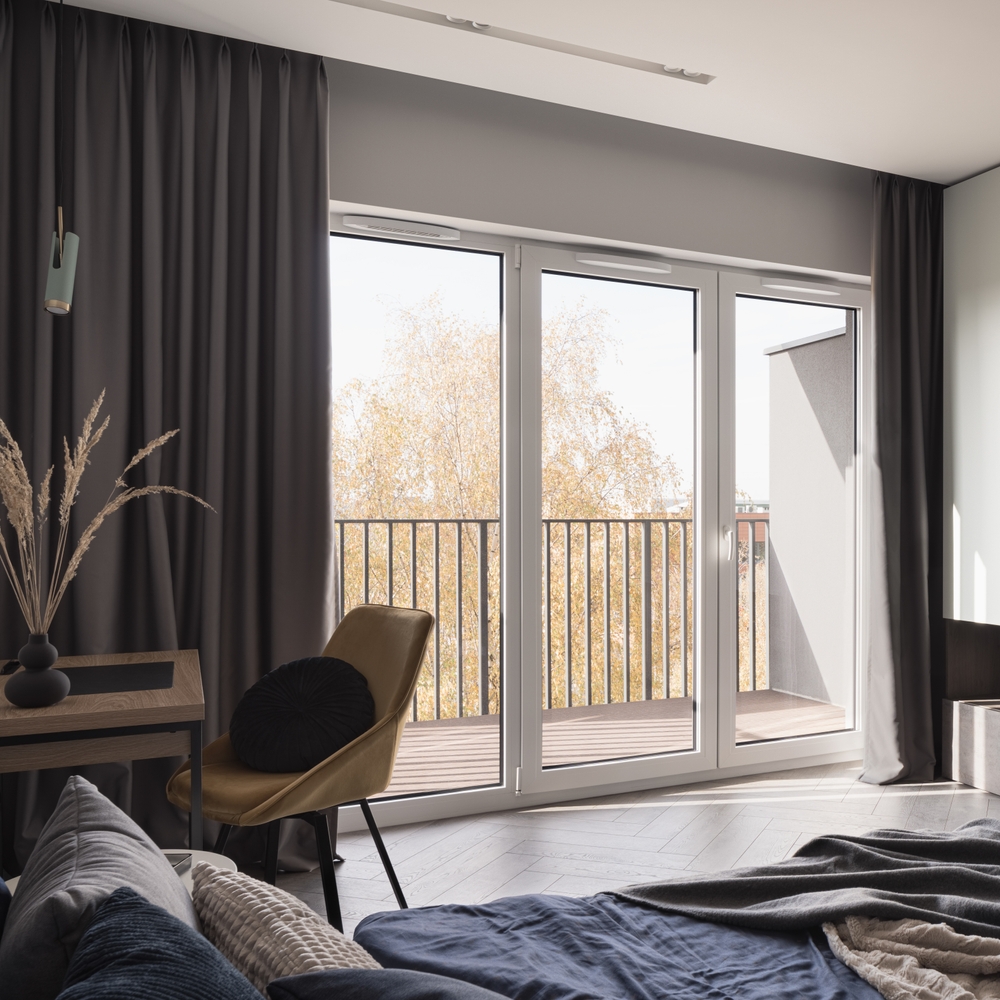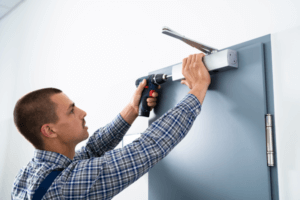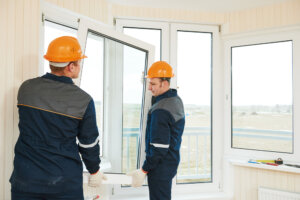Not surprisingly, window and door replacement and installation is consistently one of our top categories on HomeStars. Living in a cold and sometimes damp country means the energy efficiency of windows and doors take on increased importance. Nobody wants to live in a drafty, cold home not to mention drafty windows indicates your hard-earned dollars are being thrown out the window.
If you suspect you need to replace your windows or doors, start your journey by checking out the most common questions from homeowners about windows and doors, answered by Simon Pozneris from Canadian Choice Windows & Doors.
HomeStars: What are the signs that a homeowner needs to replace their windows and/or doors?
Canadian Choice: Some of the obvious signs are murky or foggy glass that can’t be wiped off. Additionally, if you notice any of the following, you should start to think of replacement sooner than later:
- Signs of leaks under the windows or doors;
- Drafts coming through from sides;
- Draft coming through from sides of the windows/doors
- Rotted wood on the outside
- Separating window sills
Unfortunately, some of these issues may not be visible to the unsuspecting homeowner and could actually be damaging to the home. It’s best to take action as soon as possible to avoid creating even more issues as time goes on.
HS: What questions should a homeowner ask themselves when considering replacing their windows and/or doors?
CC: How energy efficient are the current windows? Is heated or cooled air escaping through windows or doors because they are not efficient enough?
How old are the windows in the home? Chances are if the windows are original to the home they were installed by the builder. Builders usually install the lowest quality windows/doors, so keep this in mind if you own or are purchasing a new home.
Is there value in changing the windows? Its a fairly large expense, so ask yourself if you are you ready to take on this expense.
HS: Are there any best practices for contractors replacing windows and doors that homeowners should be aware of?
CC: Yes. Windows should be CSA approved and have above average energy savings.
If a contractor is registered with sawdac and Window Wise it gives the homeowner extra assurance that their new windows and doors are being replaced following construction codes, and will also provide them with an extra warranty.
Homeowners should consider which kind of window replacement to undertake. Typically, stud-to-stud or brick-brick installation will be more expensive but it will also deal with more than just window replacement, it will remove all the rotted wood around the area and make sure there are no leaks inside the walls. Retrofit installation on the other hand, will be less expensive but will just replace the windows, not the windows frame, which could be causing underlying problems.
Additionally, it’s important to know that casement and fixed windows will perform much better energy-wise than sliding windows although they tend to be more costly.
HS: Are there any energy efficiency programs that homeowners can take advantage of when replacing doors and/or windows?
There are 2 energy rebate programs out there today. If you wish to participate, you will need an energy audit done by certified energy auditor before the installation of new windows. Then qualifying windows and doors get installed and a second assessment is completed by the auditors. The auditor then submits paperwork and the customer gets a rebate.
For example, the program for enbridge gas customers covers 150$ out of 500$ for the cost of the audit and the rebate is 40$ a window/door.
The second program is for Union Gas customers. It covers 500$ for the cost of the audit and the rebate is 80$ a window/door
HS: What are the different types of operating windows and which kind of window suits which kind of home?
Homeowners are typically dealing with casement, awning, sliding and hung windows. Casement and awning windows have a more modern and cleaner look. They’re also more energy efficient and easier to operate by just turning a handle. Sliding and hung windows tend to suite more victorian style homes and are less energy efficient because of the two sliding parts.
HS: What kind of solutions are available to a homeowner with water penetration problems?
When we install windows and doors sometimes we don’t know what’s inside before actually removing the old windows. It is important to take care of any issues before new windows get installed, so we change all the rotted parts, wood and any other corroded materials.
We then ensure there is enough sprayfoam/insulation and caulking to ensure that water doesn’t penetrate through. Quite often water penetration comes from other sources. For example a leaky roof above a window will cause leaks and will usually damage the window, but replacing the window will not solve the problem. So my suggestion is when there is water penetration in the house the whole building envelope has to be looked at – not just the windows.
Best of luck with your window installation project. Please do write a review when the job is done, it helps the whole community.





